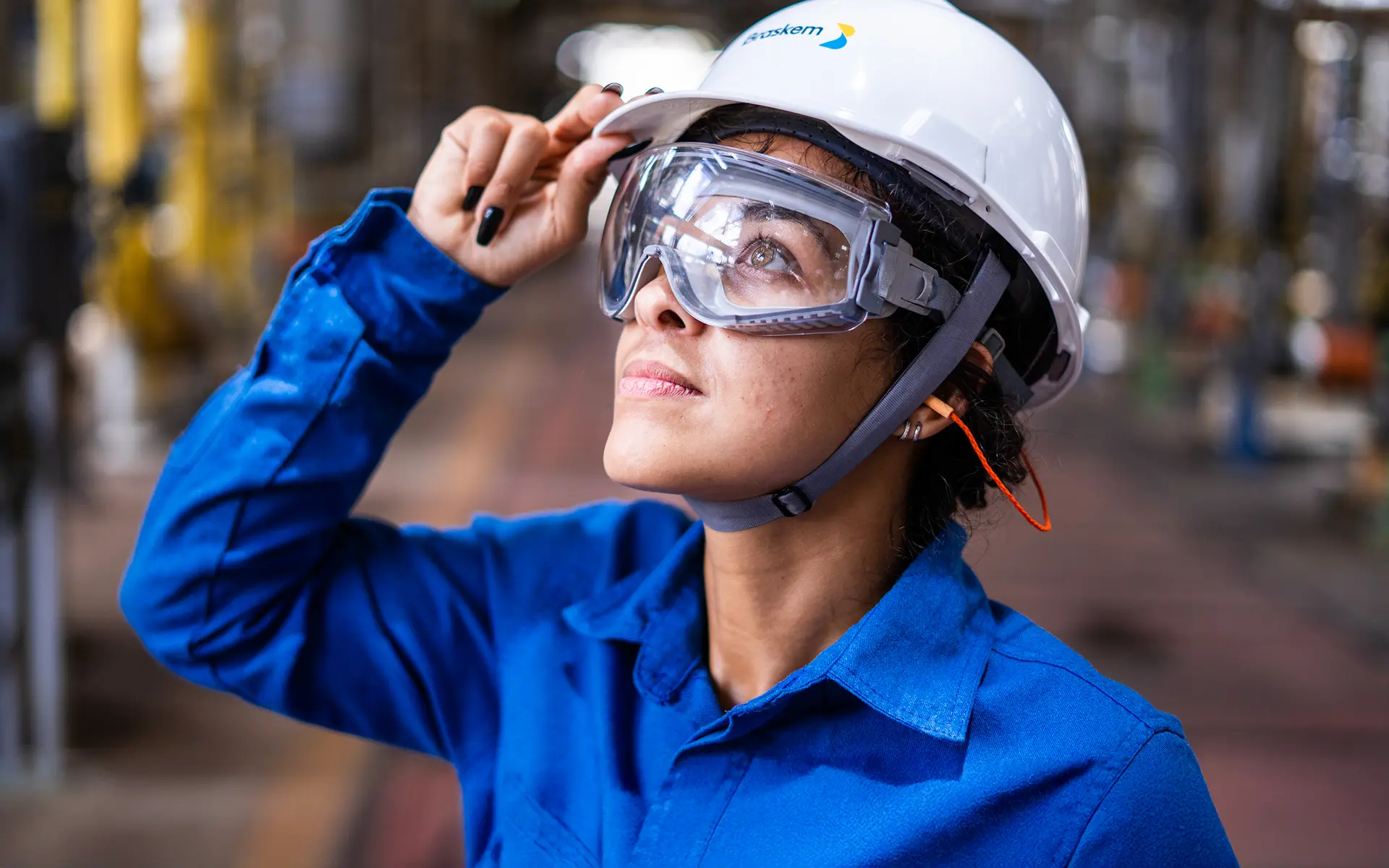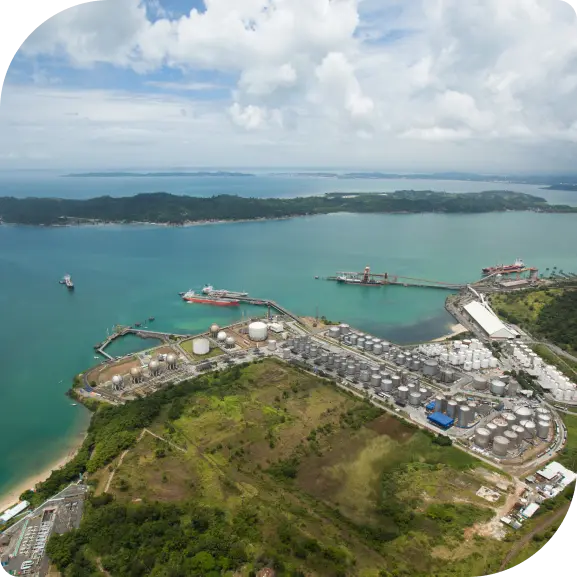
Industry as Part of the Solution
For the first time, the Conference of the Parties (COP) will be held in the Amazon, placing Brazil at the center of global climate negotiations. The main goal of the event is to advance international commitments to curb the rise in the planet’s average temperature, with a focus on reducing carbon dioxide (CO₂) emissions — the main greenhouse gas generated by human activity.
In this context, Brazil has great potential to lead this transformation with bio-based solutions. We already have several concrete examples, such as the production of polyethylene from renewable raw materials, which absorbs carbon from the atmosphere and offers customers a plastic with a lower environmental footprint. However, we must go further to expand the use of bioproducts.
To promote more sustainable growth and expand the supply of renewable-based products that effectively contribute to tackling climate change, it is essential to establish a favorable regulatory environment. In addition, consistent public policies must be created to:
- Encourage bio-based content targets;
- Reduce biomass acquisition costs;
- Foster research, innovation, and development of bio-based materials;
- Develop alternatives for biomass beyond biofuels.
In this context of climate urgency, which demands concrete actions for the transition to a low-carbon industry, Braskem reaffirms its role as a leader in industrial transformation. For over 15 years, the company has led the global production of biopolymers, using renewable raw materials that help absorb carbon and mitigate environmental impacts. This journey is supported by an operation based on competitiveness, reliability, and flexibility — always with an eye on the future.
We have adopted the bioeconomy as a strategic driver for decarbonization, highlighting the use of renewable raw materials in the production of chemicals and materials. The integration of bioeconomy into industry enables the creation of new sustainable carbon cycles by replacing fossil-based inputs with renewable ones. This promotes CO₂ absorption and drives the transition to a low-carbon economy.
In 2020, Braskem reinforced its long-term commitment to combating climate change with a competitive strategy to lead the petrochemical sector in reducing greenhouse gas (GHG) emissions.
We aim to reduce GHG emissions (Scopes 1 and 2) by 15% by 2030. This year, we took another step forward with the "Switch to gas and fly up to green" strategy, which seeks to increase the use of natural gas streams as feedstock and accelerate projects based on renewable sources. This energy transition positions the company as an active agent in building a more competitive, resilient, and climate-aligned industry.
At COP30, Braskem will be present as part of the solution, showing that it is possible to combine innovation, circularity, socio-environmental responsibility, and industrial development.
Because a more sustainable future starts now — and industry plays a key role in building it.
See how our team members are taking action:
I’m green™ bio-based
a solution for carbon absorption at the source
Braskem is a pioneer and global leader in the production of biopolymers made from sugarcane, contributing to a circular, carbon-neutral economy. The I’m greenTM bio-based portfolio includes renewable-sourced products that help reduce greenhouse gas emissions. These bio-based solutions are measurable and traceable, 100% recyclable, and offer the same applications and performance as fossil-based alternatives.
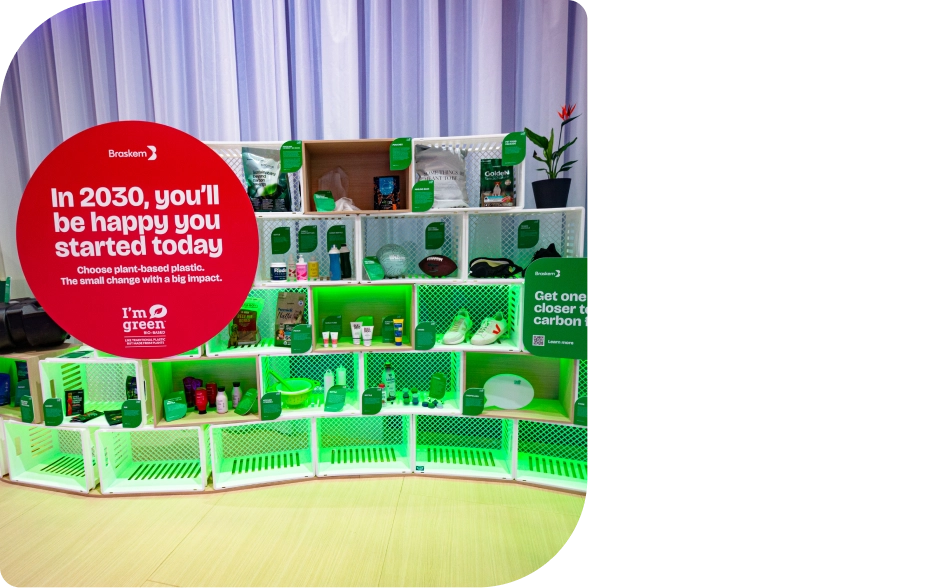
And that’s not all: Braskem has been advancing projects that will strengthen its leadership in renewables, further boosting emission reduction results across the value chain in the coming years.
Explore our sustainable portfolio and discover other solutions:
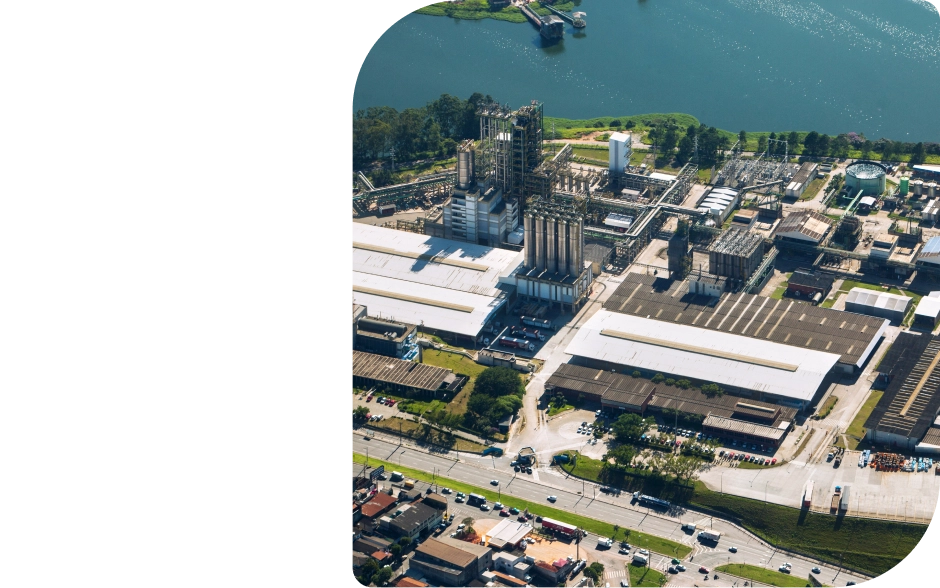
Low-Carbon Industry
To achieve its goal of reducing GHG emissions (Scopes 1 and 2) by 15% by 2030, Braskem has implemented an integrated Decarbonization Program, with initiatives evaluated based on regional potential, considering the energy transition landscape and the pillars of transformation for a low-carbon industry: competitiveness, renewability, reliability, and flexibility.
Action lines:
- Continuous improvement: operational initiatives with low or no investment
- Energy efficiency: optimization and integration of industrial processes
- Electrification: replacing fossil fuels with renewable electricity
- Energy matrix: increasing the share of low-carbon energy sources
Results through 2024:
- 1.1 million tons of CO₂e reduced
- Over half of the reduction came from initiatives with no capital investment
- Renewable energy contracts contributed to more than 20% of the reduction
Among the priority initiatives, the following projects stand out:
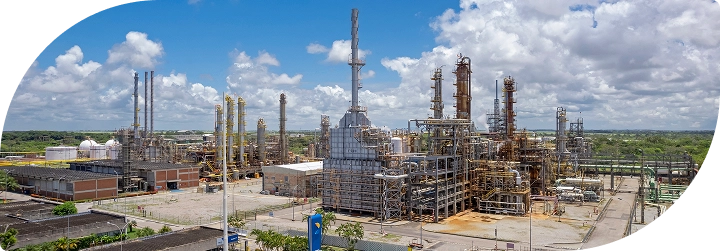
Biomass
Developed in partnership with Veolia, this project replaces fossil fuels with steam generated from renewable biomass (eucalyptus) to supply Braskem’s unit in Marechal Deodoro (AL), with a potential reduction of 150 kt/year of CO₂e and direct impact on regional development.
Click here to learn more
.
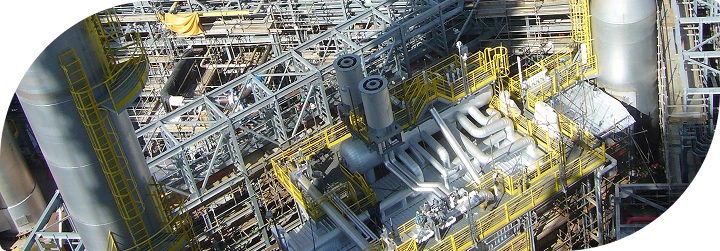
Vesta
A cogeneration plant at the ABC Petrochemical Complex (SP), using hydrogen-rich residual gas to generate electricity and steam with high efficiency and reliability, reducing energy consumption and emissions.
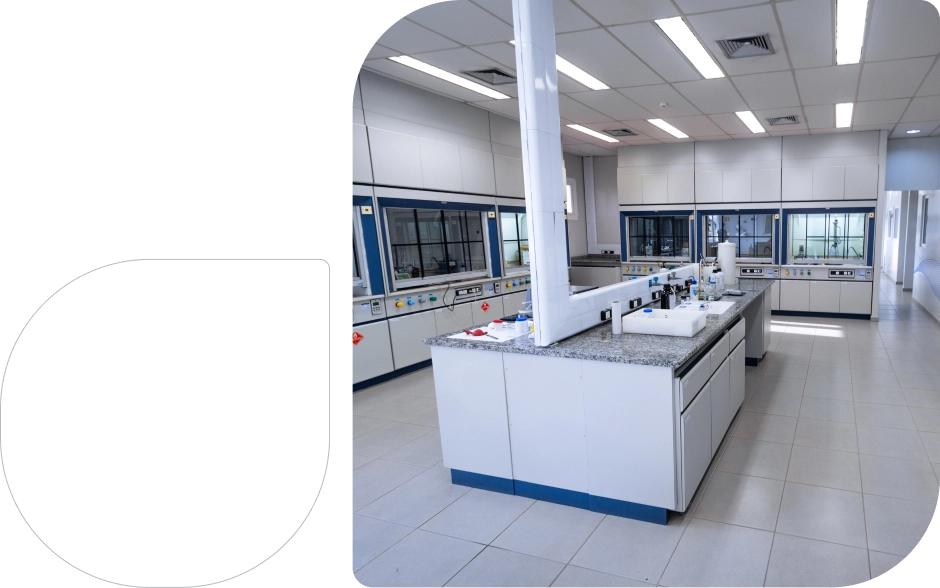
The Importance of Innovation
Braskem is a pioneer and the world’s largest producer of biopolymers. It continues to strengthen its position by developing new renewable solutions, leveraging unique attributes that bring differentiation and resilience to the brand amid petrochemical cycles. Additionally, we are developing chemical recycling technologies to complement mechanical recycling, making them more competitive and with lower socio-environmental impact — contributing to our strategic goal of a circular economy.
This performance is only possible thanks to a robust innovation structure present across Braskem’s regions of operation.
Today, our innovation ecosystem includes:>
- Technology and Innovation Centers (Pittsburgh, USA and Triunfo, Brazil)
- Technical Centers focused on polymers (Wesseling, Germany and Coatzacoalcos, Mexico)
- Process Technology Development Center (Mauá, Brazil)
- Renewable Chemicals Research Centers (Campinas, Brazil and Lexington, USA)
The Lexington center, our most recent launch, focuses on accelerating innovation in renewable chemicals and materials through biomass-based feedstock conversion.
Learn more about this project
Collaborating with
the Climate Agenda
Braskem is part of SB COP (Sustainable Business COP), a global alliance led by CNI (National Confederation of Industry) to expand the private sector’s role in international climate negotiations. Recognized by the government and aligned with global agreements, the initiative aims to create a permanent channel for companies to contribute to the climate agenda, promoting decarbonization, low-carbon economy, and climate finance actions.
In partnership with this initiative, we contributed to three documents that foster debate on climate issues:
- Bioeconomy: Presents bioeconomy as an innovative and comprehensive transition, replacing fossil materials with biological solutions, transforming linear production chains into circular ones, and promoting regenerative land use. With COP30 approaching, there is a unique opportunity to place this approach at the heart of global climate strategies. Read the full document .
- Circular Economy: Explores alternatives to reduce dependence on extracting new resources, improving efficiency, and promoting a cultural shift in production and consumption. The material is divided into four parts: Regulation and Incentives; Innovation in Materials, Waste Management and Circular Supply Chains; Research, Education and Behavior; and Private Sector Case Studies. Read the full document .
- Energy Transition: The global and just energy transition is one of the greatest challenges of the 21st century. Despite progress, there is still an imbalance between emission reductions and access to affordable, reliable alternative energy. The proposal highlights solutions in areas such as energy efficiency, renewable sources, and sustainable fuels. Read the full document .
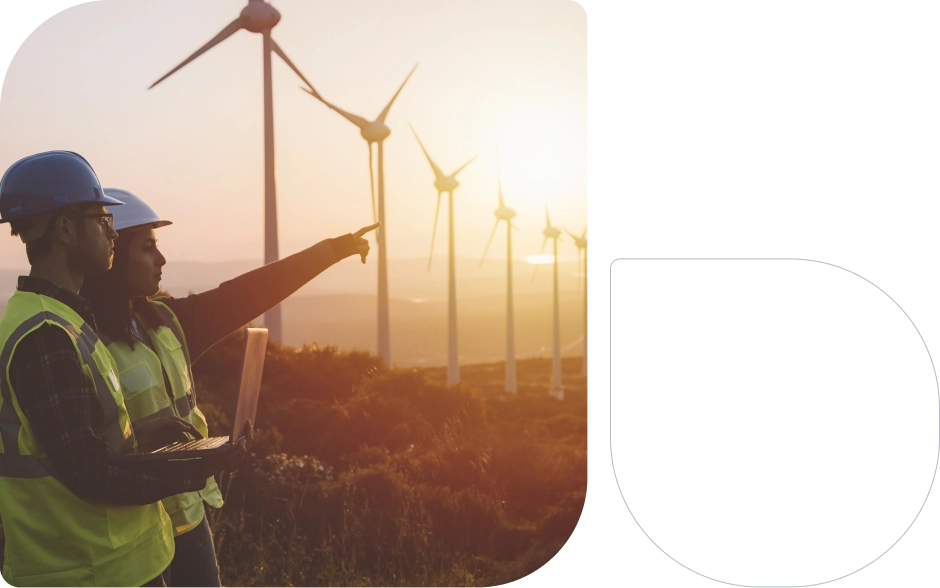

Braskem at COP30 Panels
Brazilian Bioeconomy and Sustainable Carbon: From Renewable Resources to Industrial Leadership
November 13 at 3:00 PM
Moderator: Marcelo Morandi – Embrapa
Panelists:
- Jorge Soto – Braskem
- Thiago Falda – ABBI
- André Valente – Raízen
- Anni Vuohelainen – TetraPak
Pathways to Decarbonizing the Chemical Industry and Achieving Climate Neutrality
November 14 at 3:00 PM
Moderator: Roberta Manzini – Braskem
Panelists:
- Gustavo Checcucci – Braskem
- Julia Cruz – MDIC Secretariat
- Daisuke Kanazawa – Tokyo University
- Andre Passos – ABIQUIM

 Braskem Global
Braskem Global
 Braskem Idesa
Braskem Idesa
 Braskem USA
Braskem USA
 Braskem Europe
Braskem Europe






